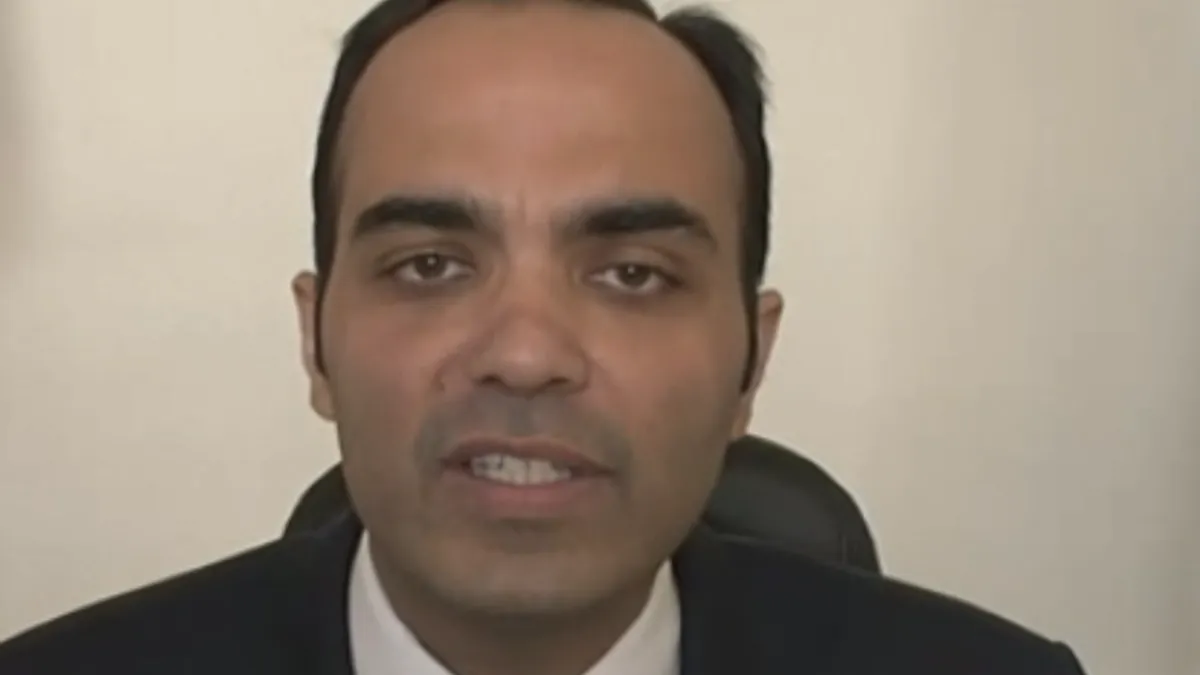Big tech companies expect to meet a December 15 deadline to respond to a Consumer Financial Protection Bureau (CFPB) investigation into their payment practices, according to a trade group that represents them, the Electronic Transactions Association (ETA).
Satisfying the demands announced last month by the agency's new chairman, Rohit Chopra, may not be easy.
“The payments space has a good story to tell,” Scott Talbott, ETA's senior vice president for government affairs, said in an interview. “We look forward to working with the bureau to share our approach and answers to the questions about helping consumers, protecting consumers, and protecting data."
Under Chopra’s direction, the CFPB last month issued orders to Google, Apple, Facebook, Amazon, Square and PayPal, all ETA members, demanding answers to 50 detailed questions. The CFPB is asking the companies for “information about their products, plans, and practices.” The agency also plans to study the payments businesses of Chinese tech companies, including WeChat Pay and Alipay.
“‘Little is known publicly about how Big Tech companies will exploit their payments platforms,” according to an Oct. 21 statement from Chopra. “For example, will the operators engage in invasive financial surveillance and combine the data they collect on consumers with their geolocation and browsing data? Will they, in turn, use this data to deepen behavioral advertising, engage in price discrimination, or sell to third parties.”
Chopra could have asked payment companies to provide this information on a voluntary basis but chose not to.
An "aggressively anti-business agenda?"
As a Democratic member of the Federal Trade Commission, Chopra pushed for tough penalties against tech companies, according to Bloomberg News. Earlier this year, he was nominated as CFPB director by the Biden Administration and was confirmed by the U.S. Senate in a 50-48 party-line vote.
Republican critics, such as Sen. Pat Toomey (R-PA), said they were concerned that Chopra would use his position to pursue an “aggressively anti-business agenda,” according to the New York Times.
Toomey’s views were echoed by Isaac Boltansky, director of policy research for San Francisco investment bank BTIG.
“Under Director Chopra, we expect: (1) a more aggressive enforcement agenda; (2) contentious and complicated rulemaking efforts relating to both small business lending data collection and consumer access to financial data; and (3) more scrutiny of rapidly growing products such as buy now pay later (BNPL), although the precise policy prescription is unclear,” he wrote in a recent note to clients.
Officials with Google, Apple, Facebook and PayPal didn’t return emails requesting comments for this story. Spokespersons from Amazon and Square both said they had nothing to share about their responses to the CFPB. A CFPB spokesperson also declined to comment.











